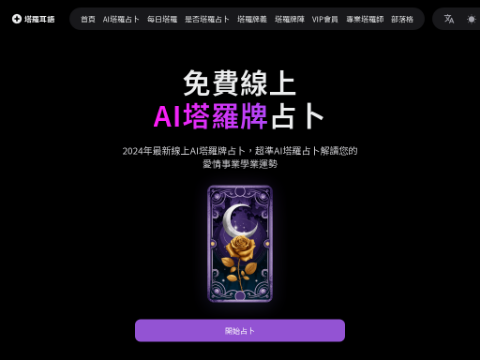With the continuous innovation and development of Generative AI technology, various new models, tools, and application scenarios are emerging. As one of the leading AI service providers in the industry, Microsoft Azure AI continues to strive to create cutting-edge AI toolkits and promote the development of open and forward-looking models through continuous technological innovation.
Recently, at the Microsoft Ignite conference, the Azure AI team announced more than 25 major updates, including the addition of 40 new models to the Azure AI model catalog, the addition of multimodal capabilities to Azure OpenAI services, the launch of the Model-as-a-Service (MaaS) platform in Azure AI Studio, and partnerships with Mistral AI, G24, Cohere, and Meta to provide their models in MaaS. In addition, the public preview version of Azure AI Studio was also launched simultaneously.
Adhering to the spirit of innovation, Microsoft Azure AI recently announced the launch of more new features: the public preview version of Meta's Llama 2 in Model-as-a-Service, the public preview version of GPT-4 Turbo with Vision, and the addition of Phi 2 Small Language Model (SLM) in the Azure AI model catalog.
Llama 2 in Model-as-a-Service is now available, allowing users to deploy these models on virtual machines without having to worry about infrastructure operations. The services currently provided include multiple versions of the Llama-2 model, including text generation and chat autocomplete.
In addition, GPT-4 Turbo with Vision is now available in Azure OpenAI services and Azure AI Studio for preview. This powerful multimodal large model (LMM), developed by OpenAI, integrates natural language processing and visual understanding capabilities, allowing it to analyze images and provide text responses to questions. Customers such as WPP and Instacart are already using GPT-4 Turbo with Vision and Azure AI Vision services.
In addition, fine-tuning capabilities for models like GPT 3.5 Turbo will be officially provided. Microsoft aims to inspire developers to build more possibilities using generative AI through these innovative capabilities.
In terms of expanding the model catalog, Azure AI has added new models including Phi-2 and Orca 2. These models utilize fewer parameters but demonstrate powerful inference capabilities and security measures.
Azure AI also provides customers with model evaluation and benchmarking capabilities, making it easy for users to choose and compare the performance of various AI models and find the most suitable model for their tasks. The model benchmarking in Azure AI Studio includes not only Azure OpenAI service models but also quality metrics for Llama 2 models, among others.
In terms of responsible AI development, Microsoft is committed to strict compliance with AI ethical standards. The company announced the general availability of Azure AI Content Safety in October 2023 and launched new features at Ignite 2023 to address the harm and security risks introduced by large language models. In the recent IDC MarketScape evaluation, Microsoft was recognized as a leader in the global AI governance platform 2023 vendor assessment.
In addition, Azure AI Studio brings an update of "dark mode" to users, aiming to enhance comfort and accessibility in usage, including visual protection for AI developers.
The latest progress of Microsoft Azure AI not only signifies the enhancement of its capabilities in content creation and imagination exploration but also represents a shift in our understanding of the potential of artificial intelligence. Dentons, one of the world's leading law firms, is collaborating with Azure AI to apply GPT-4 and Meta's Llama 2 models to its generative AI application called "fleetAI" to improve work efficiency and enhance customer service.
As the year-end approaches, generative AI is profoundly changing the way we interact with applications, search for information, and handle daily tasks. Assistants or AI helpers are changing our ways of learning, working, and communicating. The Azure AI team at Microsoft is excited about this and is committed to empowering developers and data scientists with confidence to build applications for present and future AI.








